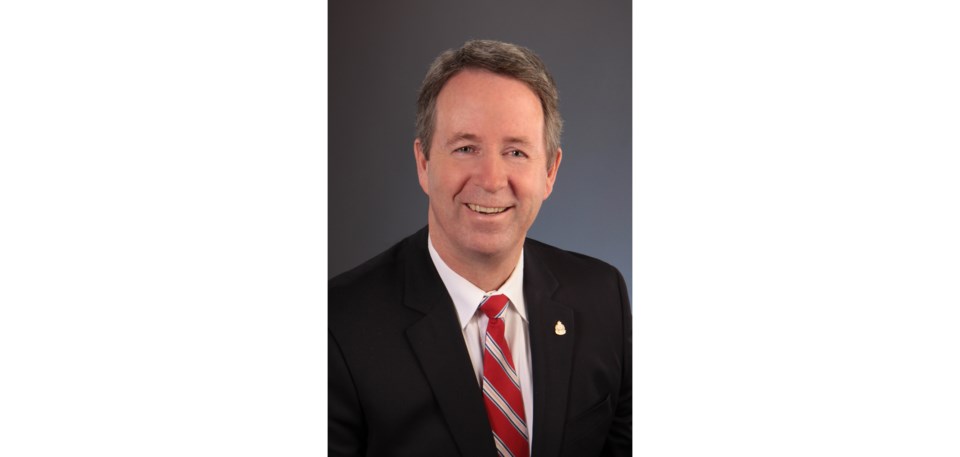City council needs to show it’s behind the RCMP especially given the on-going gang warfare, says one Richmond city council candidate.
With an increase of violence between rival gangs on display on the streets — including Sunday’s daylight shooting at YVR — Andy Hobbs, a former VPD superintendent who is running in the May 29 byelection, thinks it’s time for municipal leaders to show they support the Richmond RCMP.
“One of the first things (council) can do is provide the leadership and support for the local RCMP detachment to refocus its priorities at this time, because there is a gang war going on and it’s an immediate crisis to protect the public from these gangsters, murders and shootings and random bullets flying around,” Hobbs said.
Council has to be clear they are backing police with all the resources they have available, he added.
Given the spate in violence, police need to focus on suppressing violence, interdicting — for example, seizing firearms — and prevention, including education in schools.
Gang crime goes in cycles, but Hobbs said underlying the behaviour is a narcissistic attitude and disregard for other people’s well-being.
“They don’t care about anybody but themselves,” Hobbs said. “They care about their money, they care about their drugs, they care about their turf and they also care about their image and their machismo and their mistaken belief what a strong person or a strong man behaves like.”
To help police investigate crimes, Hobbs would also like to see the city lobby the province to allow recently installed intersection cameras to identify faces and licence plates, which are currently blurred as mandated by the Office of the Information and Privacy Commissioner (OIPC).
When the cameras were approved by council, the primary purpose was “traffic management and road safety” and would be used to find solutions to traffic volume, speed, crashes and other “traffic safety related factors.”
The OIPC also said the information needed to be managed by the city and not the police and that licence plates and individuals’ faces couldn’t be identified.
The 110 closed-circuit cameras that have been installed over the past few months have been programmed to blur out faces and licence plates.
Hobbs said he would like to work with the privacy commissioner to allow the cameras to give clear images to be used by law enforcement, when needed, for example, when someone is fleeing a crime or there’s a kidnapping.
But, he said, there should be a “layered approach” to using the data, whereby the cameras are controlled by the city’s FOI officer or a judge and police need to have reasonable, probable grounds in the public interest, like in the YVR shooting.
But as the cameras are set up now with intentional poor resolution, they don’t reveal any useful data, Hobbs added, saying he doesn’t see the point of having intersection cameras without clear images to identify those who commit crimes.
While he acknowledges the city’s intersection cameras need oversight, he said most people’s privacy is already “severely curtailed” by dashcams, business surveillance cameras and cameras on SkyTrain and the Canada Line.
Furthermore, he added, anyone can film or record another person with their phone in a public place.
“The right to privacy in a public area is not absolute in any way, shape or form,” Hobbs said.



